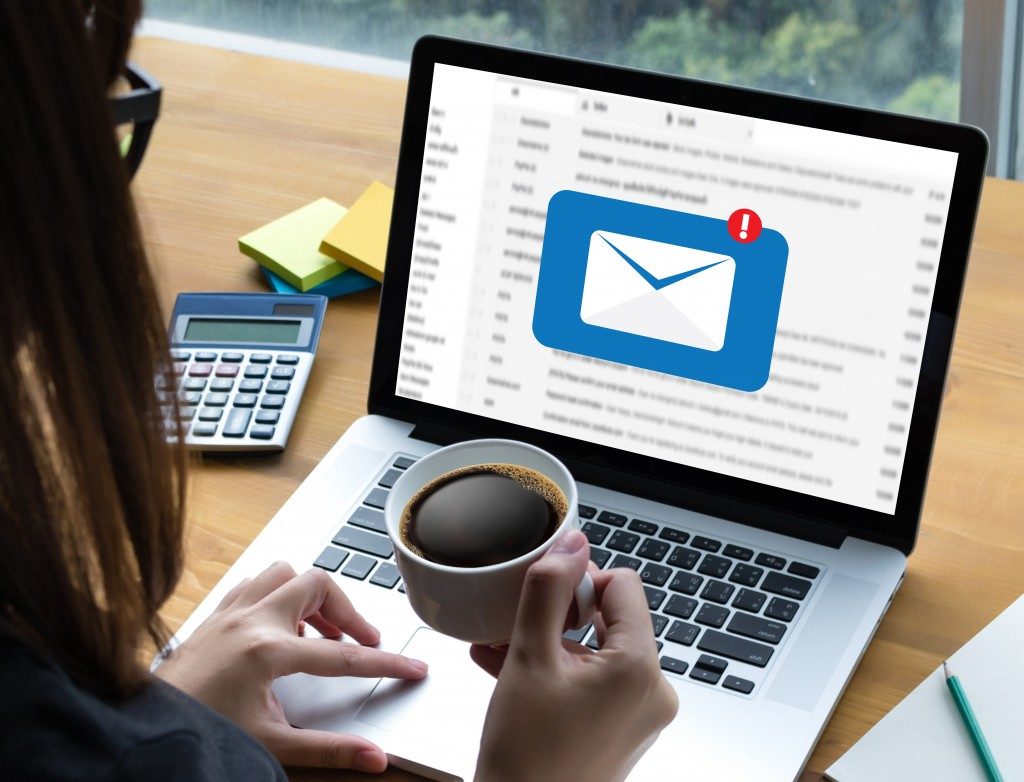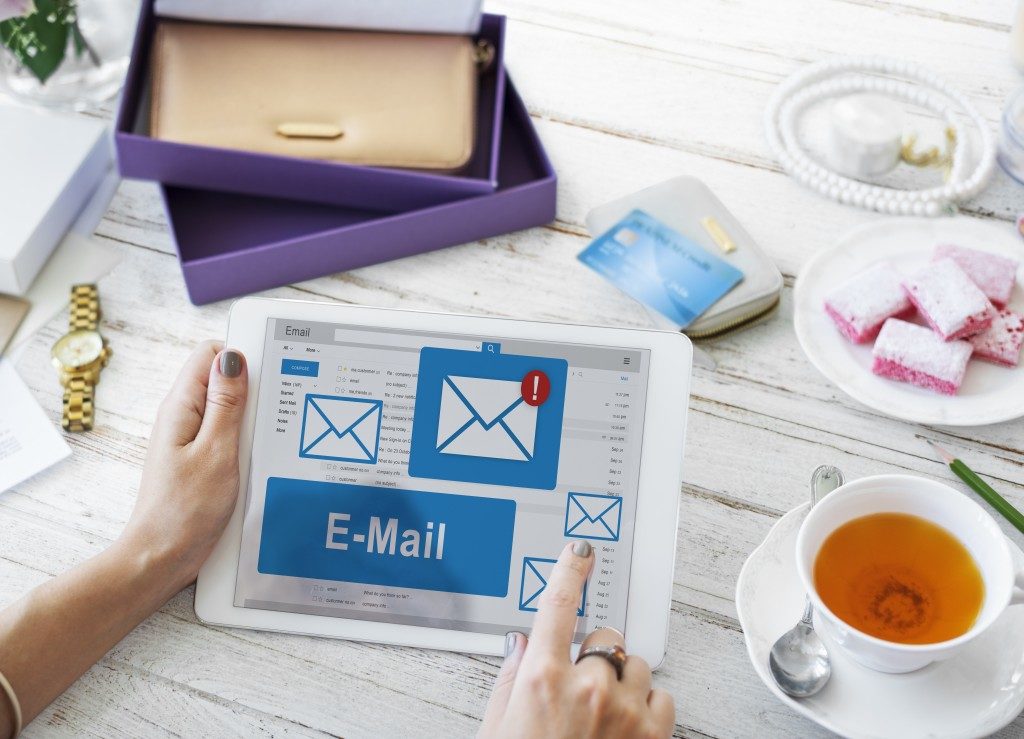In 2009, John C. Dvorak’s article “9 Reasons E-mail is Dead” was published on PCMag.com. He might have a point since e-mail has been competing with IM (instant messaging) and social media in the communications space.
Since we’re now living in the Age of Information, social media transformed from just a mere buzzword into a digital lifestyle. Although many people have forgotten the mystery and excitement of opening their e-mails, it remains a unique currency. It might not be as innovative as it was 42 years ago, but e-mail will never go obsolete. Here’s why:
It’s Unique
Yes, you have multiple identities online via your social media accounts, but you need an e-mail address attached to them. Online forums, membership managers, stores, financial institutions, service providers, and even governments require people to have e-mail addresses. Most people still use their e-mails regularly. It will always be your unique online identifier, and it will stay that way for another 50 years or so.
It’s an Important Resource
On the business side of things, Matthew Kirsch, DirecTV’s senior manager for online marketing, said that the problem with social and other new technologies is that people might spend much time and money chasing the newest thing. Thus, they miss the nuts and bolts that can significantly enhance their programs. It is also predicted that by 2023, e-mail subscribers will reach 4.3 billion globally.
Think about this: why did Facebook give its users a “@facebook.com” e-mail address? Also, why is your e-mail address tied to your bank account and utility bills? Again, e-mail is a valuable resource.
It’s used for Professional Development

In an interview, author James Innes said that e-mail is the ideal means of sending information. Today, most companies only accept job applications and CVs through e-mail. Yes, most of us have professional profiles primed and tailored on sites like LinkedIn, but you need to send e-mails. Networking sites are good, but if your desired company is outside your network, you have to send them an e-mail.
Companies nowadays may have leveraged on social media as a form or recruitment, but they won’t ask job seekers to send their social media profiles, right?
It Notifies You about Important Things
If you think about it, Facebook borrowed the idea of Notifications from e-mails. Before, you would see a small notification window popping up on your computer screen, informing of an incoming e-mail. Until now, e-mail notifications are still as relevant as before, especially if you have an online business. Auction sites like eBay and social media sites send relevant notifications via e-mails. Most websites on the World Wide Web is tied to an e-mail address.
It’s Safer and Secure When Sending Documents
To date, e-mail is the safest and best way to send reports, documents, and certificates to anyone. A lot of people advise you to just save them on the cloud and just share the link with your contacts. However, it’s still considered as unsecured and inconvenient. Most managers still prefer receiving e-mailed reports and documents from their employees. Aside from security, there’s a paper or virtual trail that they can follow.
Just like any digital channel, e-mail is evolving, and it will always be the preferred method of communication. Sometimes, we just tend to focus on new and exciting things, but in the end, a simple e-mail will always be the quickest way to communicate with each other.

